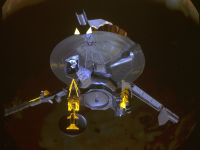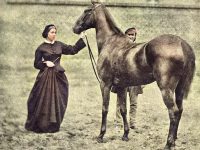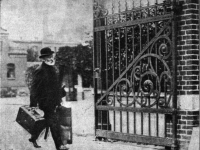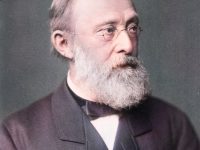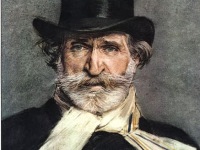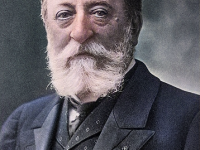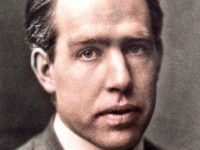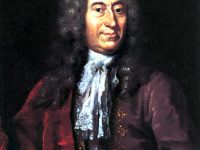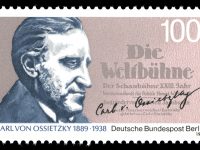Galileo and the Exploration of the Jovian System
On October 18, 1989, the unmanned NASA spacecraft Galileo was launched on her mission to study the planet Jupiter and its moons. Named after the astronomer Galileo Galilei, it consisted of an orbiter and entry probe, which descended into Jupiter‘s atmosphere. The Galilean Moons It was Galileo Galilei,[4] who connected us to the skies in 1609, when he demonstrated the improved instrument “for seeing things far away as if they were nearby”…
Read more

